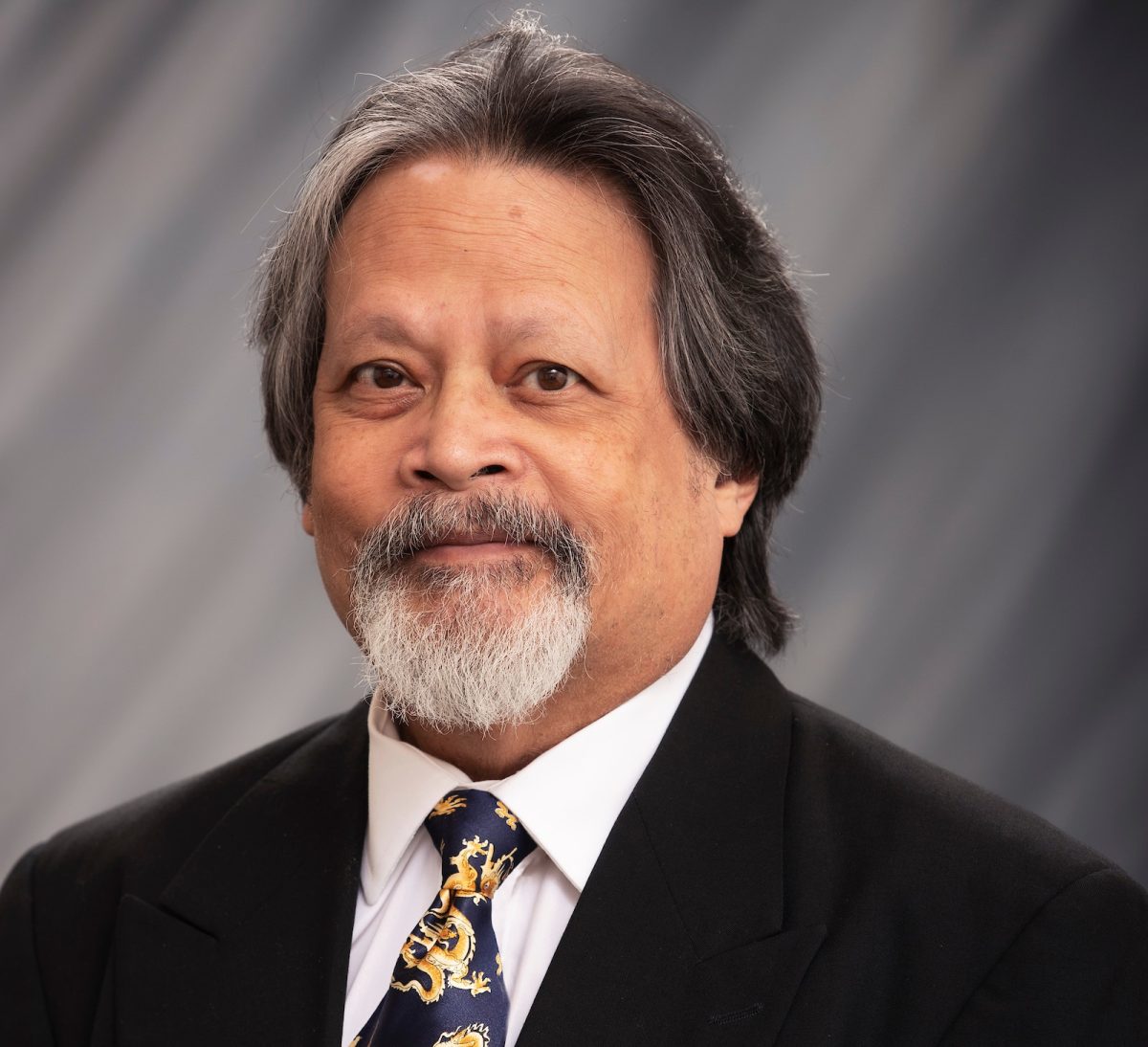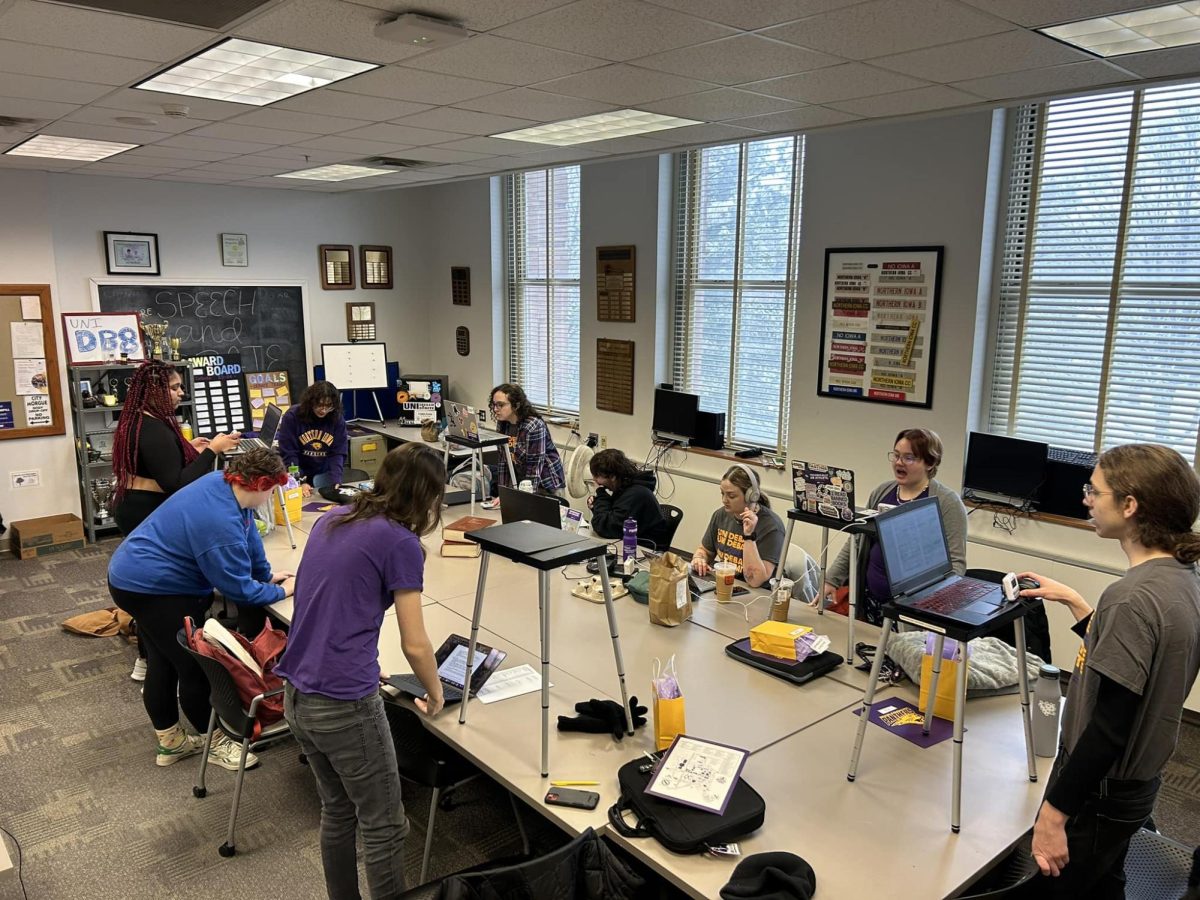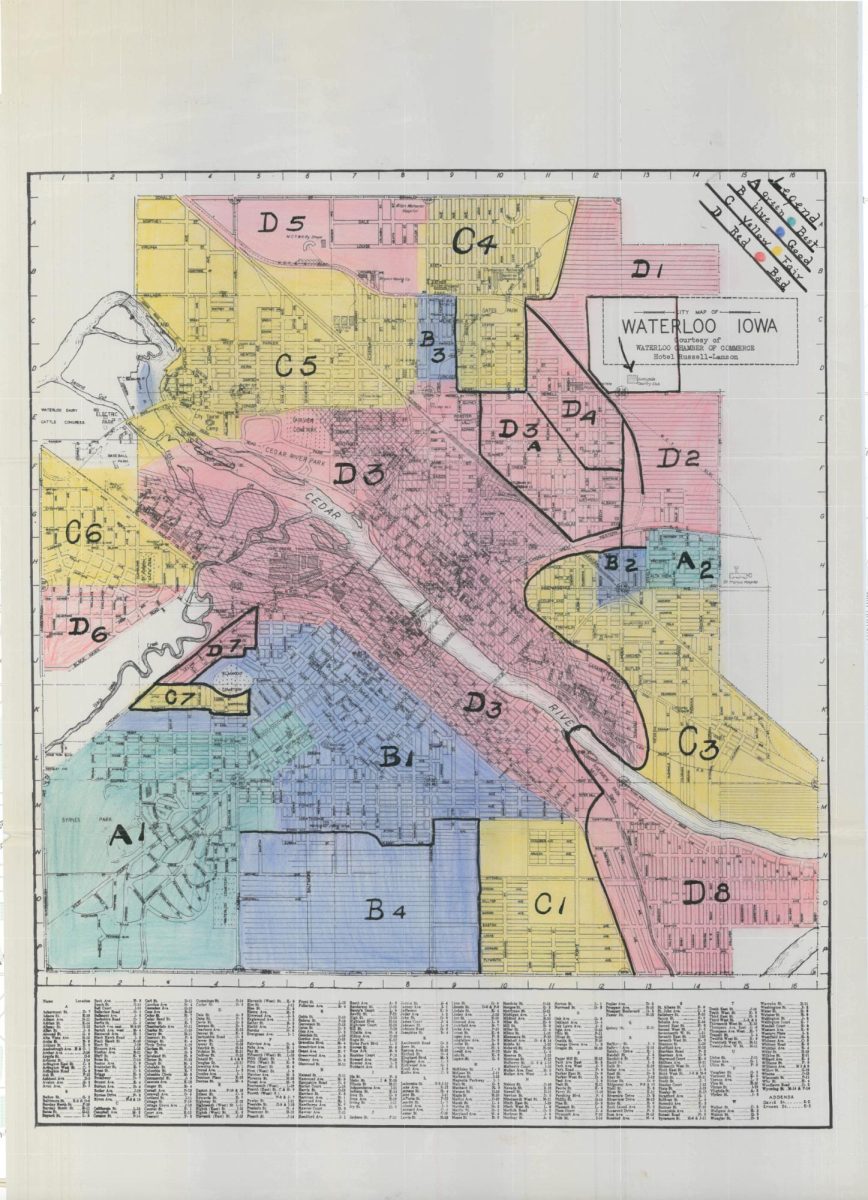Since high school, Ive considered myself an ally for lesbian, gay, bisexual and transgender individuals. From engaging in occasional social media debates and cheering at the drag show to volunteering in campaigns, Ive made LGBT issues a priority.
By all outward appearances, I fit in with a growing number of Americans who support full equality for LGBT individuals. In the LGBT community, this seemingly qualifies people like me as a straight ally.
Within a social movement, the term allies is used to describe people from a position of privilege (such as heterosexuals) who ally themselves with an oppressed group (LGBT individuals). Classic examples of allies in other movements are white Americans marching alongside African-Americans during the civil rights movement.
Allies are critical to social movements because they provide a voice and perspective that stands independent of their personal lives. By volunteering for something that they have no stake in, a powerful statement is made to others in the dominant group.
However, an ally is more than someone expressing support for a cause by updating their social media. An ally works within their dominant group to change social attitudes and conceptions. The way to do this is to form personal connections with those who have prejudices and have a conversation with them. What good would marriage equality be if same-sex couples still faced sneers and slurs when they walked down the street?
It is easy and tempting for allies to work safely within the confines of their social movement. However, the frontiers of a social movement are advanced through the work done with others outside the movement.
Reaching out to others is similar to the internal reflection process. An opportunity may present itself when you witness somebody make a prejudiced comment or commit an oppressive act. Rather than going after the person, remember the distinction between the person and their ideas. An effective ally seeks to create dialogue in which you and the person making the comment can examine the source of that feeling.
There is a group on campus that specializes in teaching these strategies. The Campus Coalition Builders are committed to building an inclusive campus community that everyone wants to be a part of. They host workshops throughout the year that integrate personal stories from participants to illustrate prejudice and how it manifests itself in our community.
I participated in the workshop last spring and it dramatically altered my perception of prejudice, how its propagated and how I can work to reduce prejudice in myself and those around me.
An ally is willing and eager to reach and understand others, and through conversation both parties can learn to place their ideas in context.
This may require a large helping of humility. In no way should allies confuse themselves for heroes saving people from hateful ideas. A self-righteous approach only serves to appear arrogant. It can raise defensive feelings in others and further reinforce their ideas. Instead of taking the moral high ground, allies seek to foster constructive dialogue.
The work of an effective ally is not an exercise in altruism. Youll never get a shiny gold Ally plaque to hang on the wall. It is a humble commitment to the larger community by building and growing transformative relationships with others.






